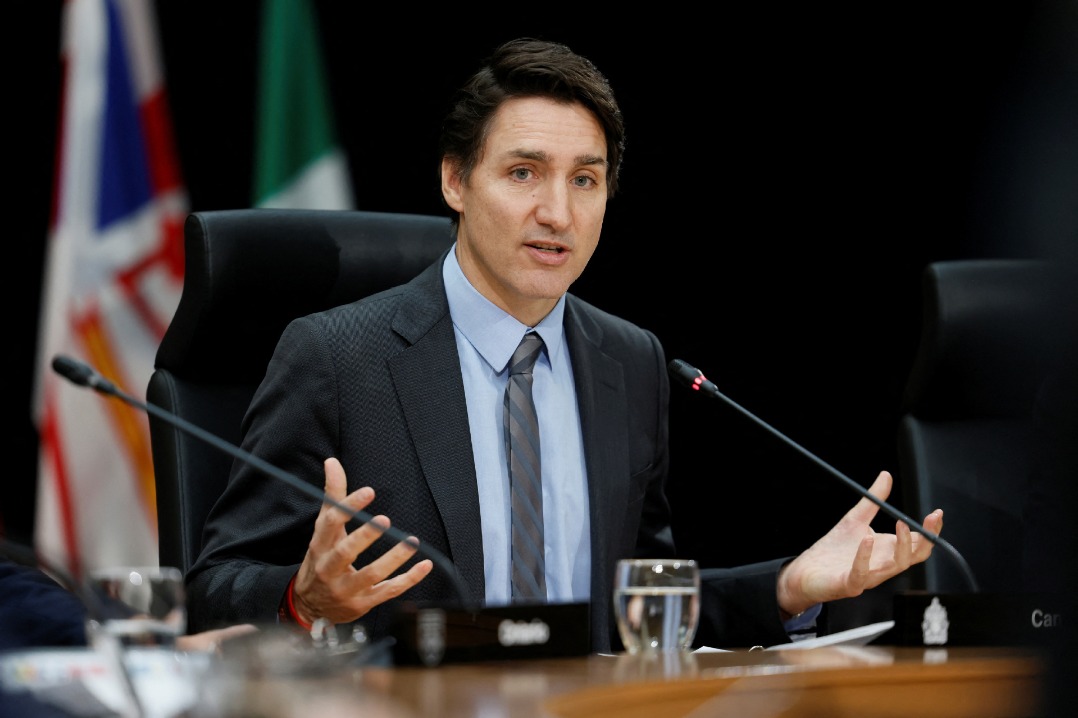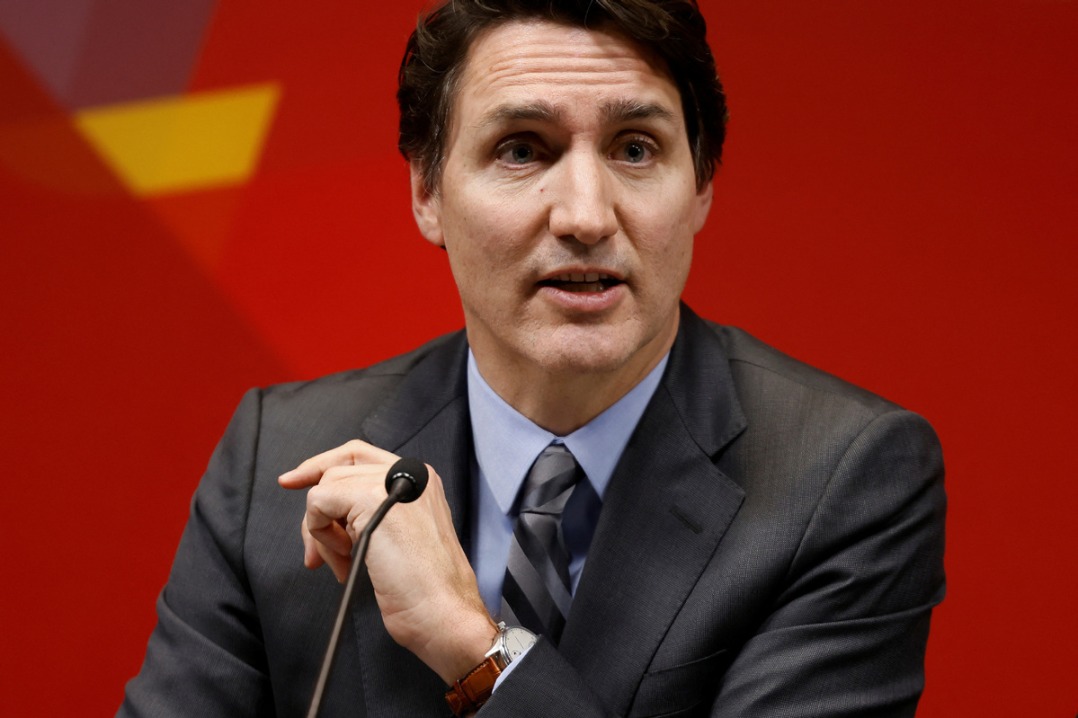IMF warns of elevated risks to global public debt

WASHINGTON - The International Monetary Fund (IMF) on Wednesday warned of elevated risks to public debt and called on policymakers to implement enduring and carefully designed fiscal adjustments.
"Deficits are high and global public debt is very high, rising and risky. Global public debt is projected to go above 100 trillion dollars this year," Vitor Gaspar, director of the IMF's fiscal affairs department, said at a press briefing during the ongoing 2024 IMF and World Bank Group Annual Meetings.
"At the current pace, the global debt GDP ratio will approach 100 percent by the end of the decade, rising above the pandemic peak," said Gaspar.
The IMF official noted that public debt is higher and projected to grow faster than pre-pandemic in about one third of the countries. "This includes not only the largest economies, China and United States, but also other large countries such as Brazil, France, Italy, South Africa and United Kingdom, representing in total about 70 percent of global GDP," he said.
In the case of China, Gaspar said at the press conference that China "has ample policy space" to contain its growing debt. "It has the means to put public debt in China under control."
The newly released October 2024 Fiscal Monitor makes the case that public debt risks are elevated and prospects are worse than they look.
The report shows that future debt levels could be even higher than projected, and much larger fiscal adjustments than currently projected are required to stabilize or reduce it with a high probability, Era Dabla-Norris, deputy director in the IMF's Fiscal Affairs Department, and her colleagues, wrote in a recent blog.
The Fiscal Monitor presents a novel "debt-at-risk" framework linking current macro-financial and political conditions to the entire spectrum of possible future debt outcomes, the blog noted.
At the press conference, Gaspar told the audience that the fiscal plans that governments have put in place are insufficient to deliver stable or declining public debt ratios with a high degree of confidence.
"Additional efforts are necessary. Delaying adjustment is costly and risky. Kicking the can down the road won't do. Time to act is now," Gaspar said.































